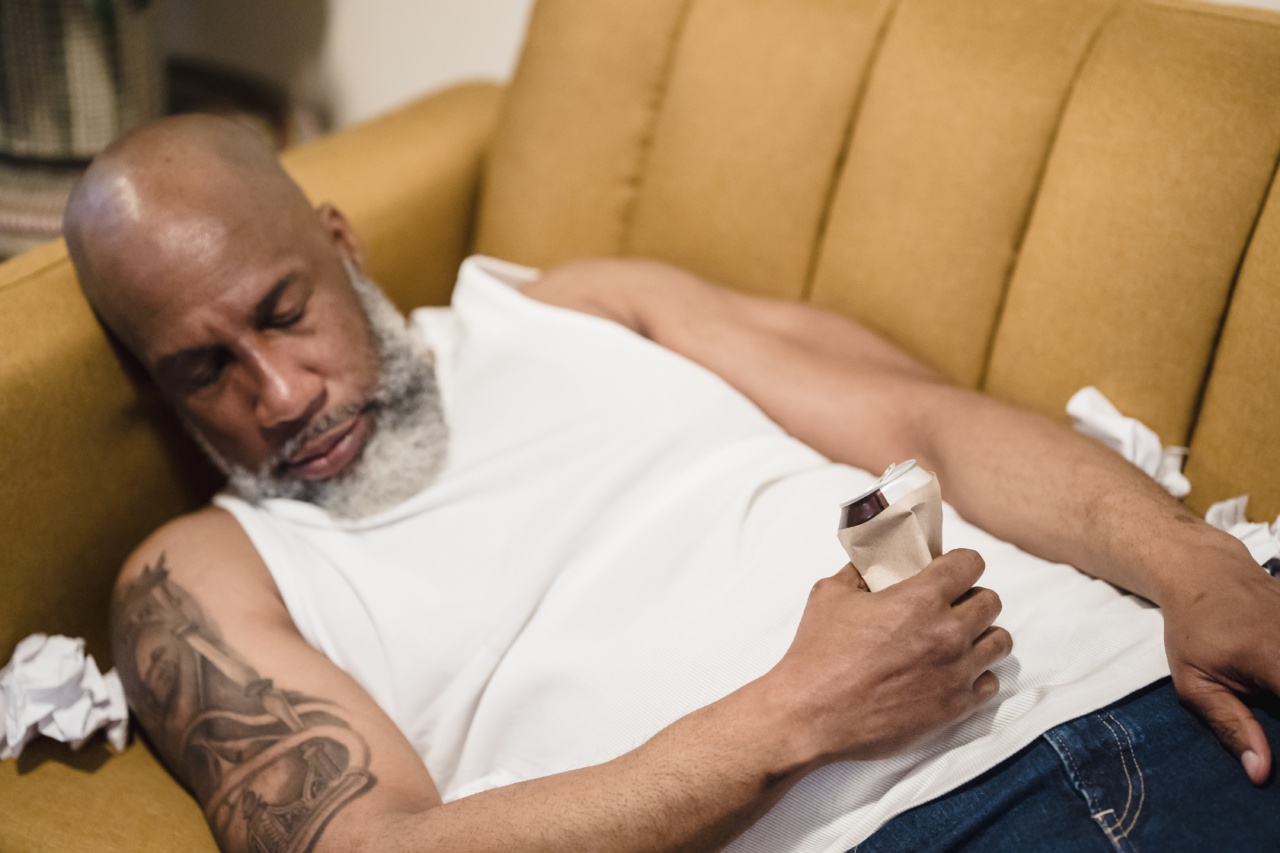Sexual activity is often considered a pleasurable and fulfilling experience. However, for some people, it can be an uncomfortable or even painful experience.
Genital pain during sexual activity can occur in both men and women and can have different underlying causes.
1. Vaginal Dryness
One of the most common causes of genital pain during sexual activity in women is vaginal dryness. This can occur as a result of hormonal changes, menopause, certain medications, or other underlying health conditions.
Vaginal dryness can cause discomfort or pain during penetration, leading to pain during sexual intercourse. Using a water-based lubricant can help alleviate this discomfort.
2. Infections
Sexually transmitted infections (STIs) such as chlamydia, gonorrhea, and herpes can cause inflammation and pain in the genital area. Yeast infections or bacterial vaginosis can also cause discomfort and pain during sex.
It is important to get tested regularly for STIs and to seek medical treatment for any infections.
3. Physical Trauma
Physical trauma or injury to the genital area can cause pain during sexual activity. This can include conditions such as vaginismus, a condition where the muscles around the vagina spasm and cause pain during penetration.
Additionally, scar tissue or previous surgeries can also create discomfort during sex. Seeking medical attention may be necessary to address these issues.
4. Psychological Factors
Psychological factors such as anxiety, trauma, or depression can also play a role in genital pain during sexual activity. These issues can affect a person’s ability to relax, leading to discomfort or pain during sex.
Talking to a therapist or counselor can help address any underlying psychological issues and improve sexual experiences.
5. Endometriosis
Endometriosis is a condition where the tissue that lines the uterus grows outside of the uterus, causing inflammation and pain. Endometriosis can cause pain during sex, especially during deep penetration.
Seeking medical treatment and advice can help manage the symptoms and alleviate the discomfort.
6. Interstitial Cystitis
Interstitial cystitis is a condition that causes chronic bladder pain and discomfort. It can also cause pain during or after sexual activity.
Seeking medical treatment, including pelvic physical therapy, can help manage symptoms and improve sexual experiences.
7. Vulvodynia
Vulvodynia is a condition where there is chronic pain or discomfort in the vulva without visible signs of an infection or other underlying conditions. It can cause pain during or after sexual activity.
Treatment options include medications, topical creams, and physical therapy.
8. Medications
Certain medications, such as antihistamines or antidepressants, can cause vaginal dryness or other sexual side effects that lead to discomfort or pain during sexual activity.
It is important to talk to a healthcare provider about any medication side effects and to explore alternative options if necessary.
9. Allergies
Sensitivity or allergies to certain products, such as latex, lubricants, or spermicides, can cause discomfort or pain during sexual activity. It is important to identify any allergies or sensitivities and find alternative products to avoid discomfort.
10. Other Health Conditions
Other underlying health conditions, such as irritable bowel syndrome, fibromyalgia, or chronic fatigue syndrome, can also cause pain or discomfort during sexual activity.
Seeking medical treatment and addressing underlying health concerns can improve overall sexual experiences.































